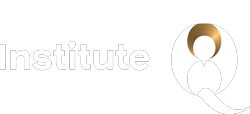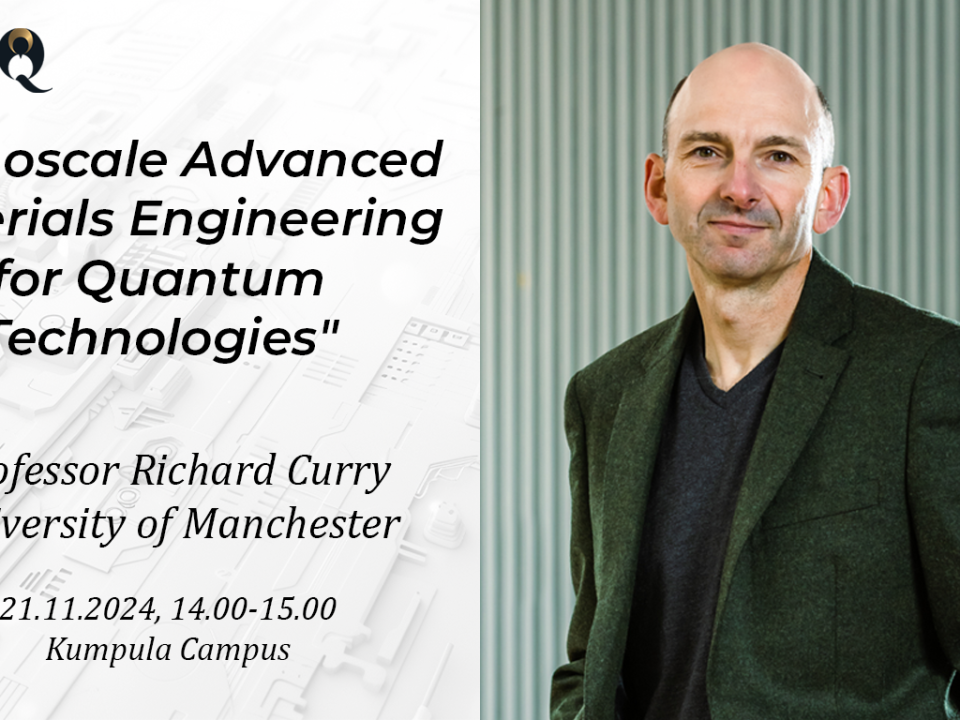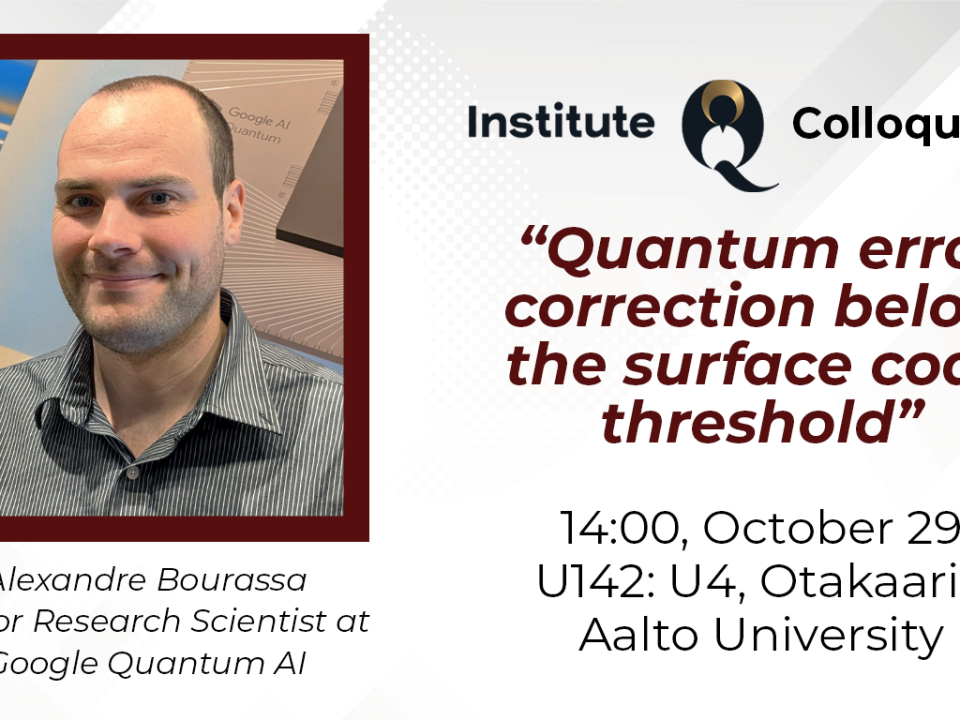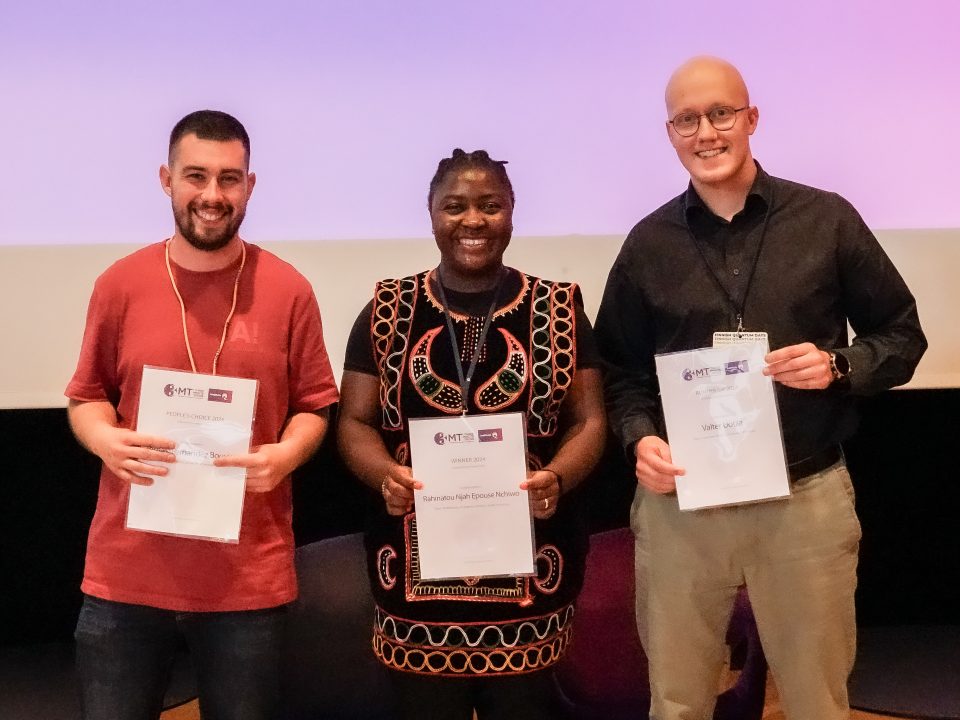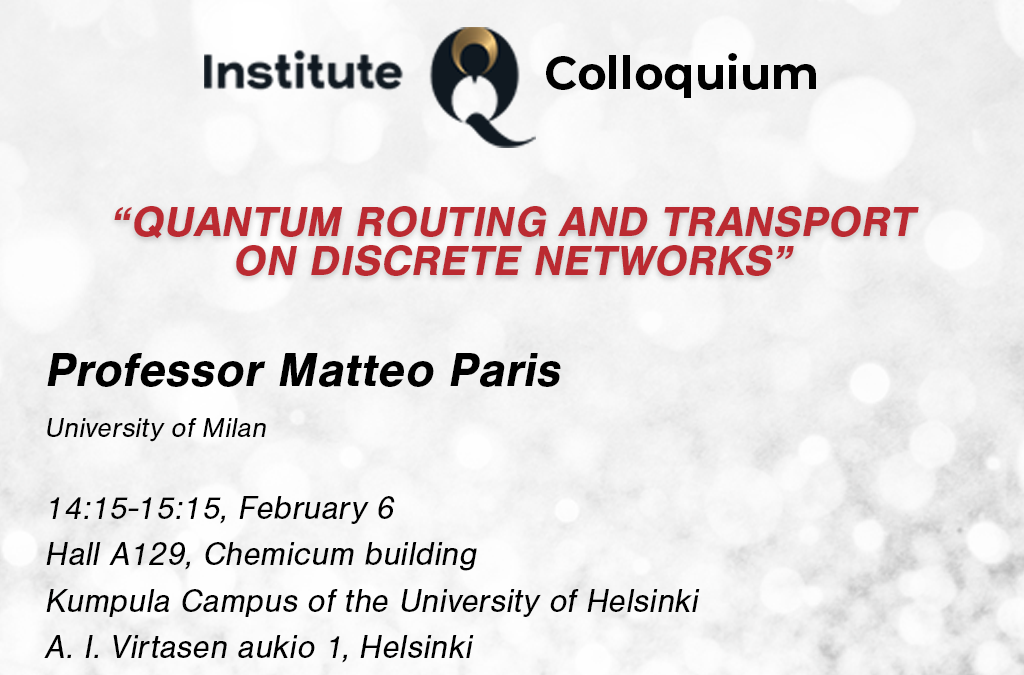
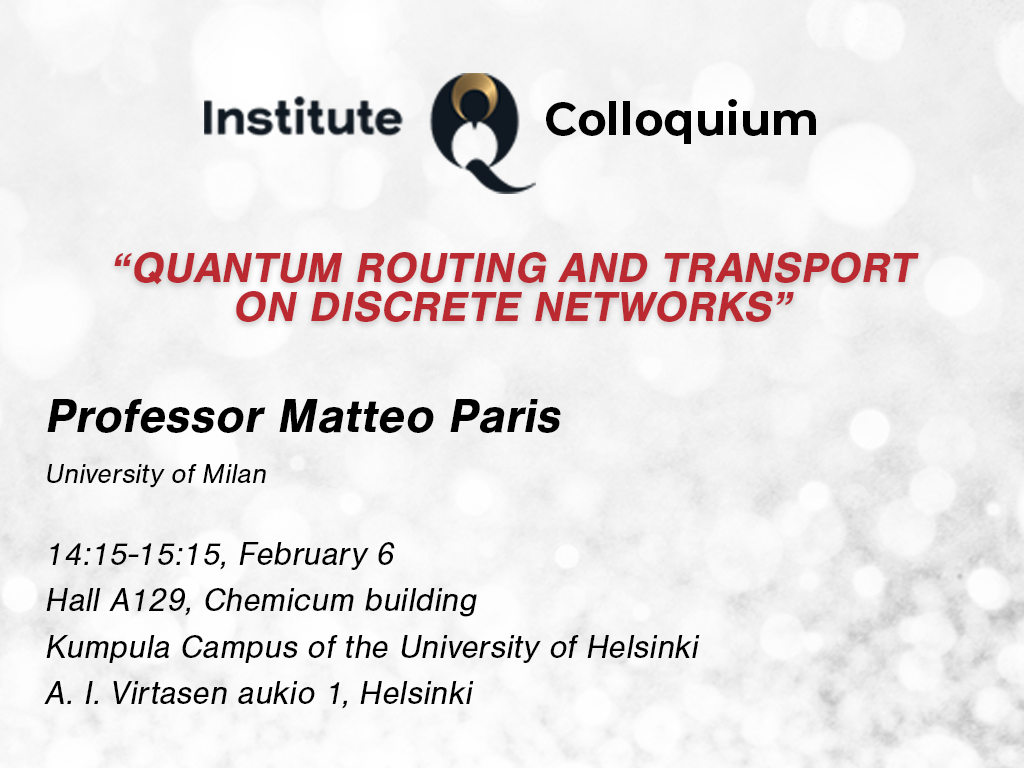
InstituteQ Colloquium: Prof. Matteo Paris from the University of Milan
This InstituteQ Colloquium features University of Milan Professor Matteo Paris. The title of his talk is "Quantum routing and transport on discrete networks."
When: 14:15-15:15, 06.02.2024
Where: Hall A129, Chemicum building, Kumpula Campus of the University of Helsinki, A. I. Virtasen aukio 1, Helsinki
Chair: Doctor Matteo Rossi from the University of Helsinki and Algorithmiq Ltd.
Guest speaker
Professor Matteo Paris leads the Applied Quantum Mechanics Group and the Quantum Technology Lab at the University of Milan. He is a theoretician, looking for new physics in the fields of quantum information, quantum optics, and open quantum systems. In recent years, he is mostly working in quantum sensing and metrology, continuous variable quantum technology, and quantum walks.From Matteo Paris: What is your talk about?
"Quantum walks serve as the quantum mechanical counterparts to classical random walks, offering a versatile tool to depict the quantum propagation of particles or excitations within a network—a discrete structure modeled as a graph. Beyond their fundamental significance, quantum walks prove invaluable in describing, designing, and optimizing energy transport in artificial or biological systems."Traditional definitions of continuous-time quantum walks (CTQW) on graphs establish them as the quantum analogues of classical random walks (RW). This is achieved by elevating the classical transfer matrix, i.e., the RW graph Laplacian, to a Hamiltonian. However, this approach does not encompass all potential quantum evolutions of a walker on a graph, thereby limiting the range of exploitable quantum Hamiltonians for specific tasks. Consequently, a question arises: Is it possible to define more general quantum walks on a graph by considering all Hermitian Hamiltonians compatible with a given graph topology? And how do these generalized Quantum Walks (QWs) compare with their classical analogues?
"In this presentation, I introduce a systematic approach to chiral quantum walks, offering a comprehensive characterization of all possible Hamiltonians governing time evolution over a given topology. As applications, we address the optimization of routing classical and quantum information encoded in the position of a quantum walker on the simplest graphs suited for this purpose. Additionally, we demonstrate that chirality can be leveraged to achieve the quantum speed limit in search algorithms on graphs."
The event is free to attend for all, and refreshments will be served. Please sign up via the Webropol registration form.
Please note that the event is on-site only and will not be recorded.
Related posts
08/10/2024
